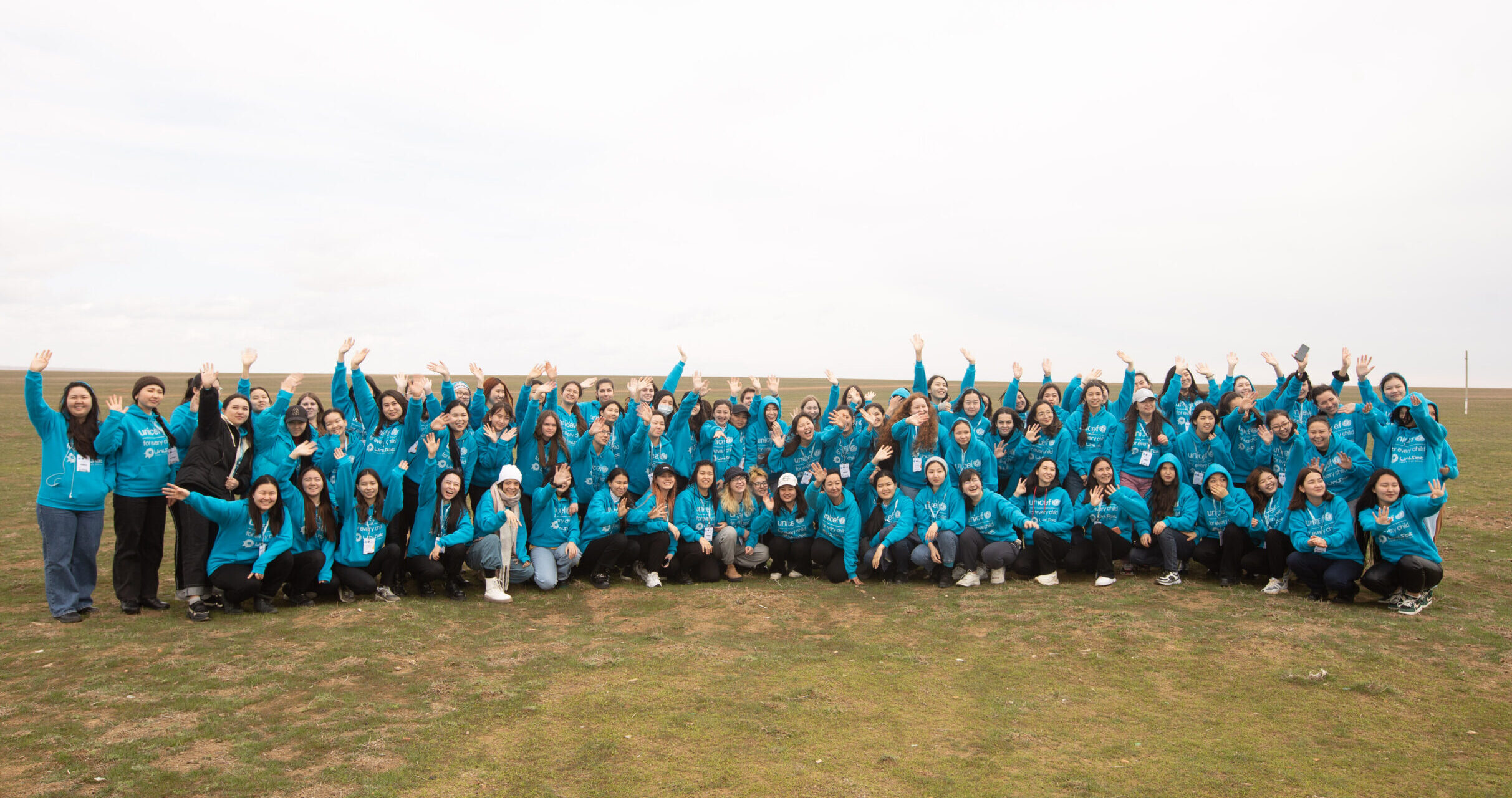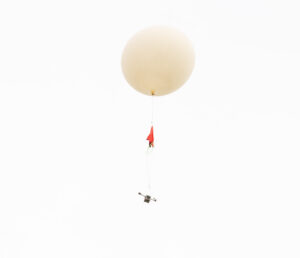NUR-SULTAN – More than 150 girls and young women from Kazakhstan, Kyrgyzstan and Uzbekistan created and launched three nanosatellites into the stratosphere for air pollution analysis as part of the UniSat program, a joint project between UNICEF and the Al-Farabi Kazakh National University on March 27 in Almaty, reported the UNICEF Kazakhstan press center.

Young women from Kazakhstan, Kyrgyzstan and Uzbekistan launched nanosatellites as part of a UniSat program. Photo credit: unicef.org
The UniSat program, which was first launched in 2020, aims to bridge the gap between boys and girls in science, technology, engineering, and mathematics (STEM) disciplines and to overcome gender stereotypes through developing the knowledge and competencies of girls in projects related to nanosatellite construction.
During the 10-day program, girls were able to design, develop and launch their nanosatellites from scratch.
Nanosatellites are a class of small spacecraft whose weight does not exceed 10 kilograms. UniSat nanosatellites allow high-resolution images of the Earth and space. Sensors collect data on radiation, pressure, gravity, light and gas composition, and large amounts of data, video and images are then sent back to Earth for analysis. The captured data can then be used to efficiently build the environmental picture of the region.

UniSat nanosatellites collect data on radiation, pressure, gravity, light and gas composition. Photo credit: unicef.org
The program participants were able to learn spacecraft design, 3D modeling, engineering, software and hardware development skills, and communications from Kazakhstan’s leading experts in aerospace technology.
The educational program of the UniSat project also included a series of webinars by successful women, professionals in various fields who shared their success stories with the participants of the program. Girls were able to improve skills such as teamwork, public speaking, time management, and creativity.
Raushan Ibrasheva, UNICEF Innovation Coordinator, says that girls continue to be underrepresented in STEM disciplines.
“If we look at the global picture, we see that one in four girls in the world is not involved in labor or education…Let’s narrow the circle: in Kazakhstan, when the career guidance process approaches, only 14 percent of girls complete higher education in STEM fields. And if we look at Kazakh boys on the same scale, we see 37 percent. In our course we put the main emphasis on girls, so that they have a choice,” said Ibrasheva in an interview with manshuq.com.
She also added that the program has had a real impact on participants: “So many of the past course participants said they were afraid to even apply to the program, thinking it would be too difficult or even impossible. But those girls who took the risk, at the end said: “You know, it was so easy!”
Many participants were able to challenge gender stereotypes and improve their digital literacy. “There were participants from humanitarian professions, who perfectly coped with the task, discovered new knowledge for themselves and went further to develop in this field. They dramatically changed their professional views,” said Ibrasheva.
One of them is Dana Kurmangaliyeva from Kazakhstan, a 17-year-old graduate of the previous UniSat program. She shared her goal to pursue STEM sciences on UNICEF’s Instagram: “Understanding that I could contribute to my country inspired me. The thought that I could be one of the Kazakh girls who would launch nanosatellites inspired me to keep doing STEM,” said Kurmangaliyeva.
Arthur van Diesen, UNICEF Representative in Kazakhstan, stated that the program has high potential: “This year we were able to include 2,000 participants from three countries and inspire them to continue their education and careers in science, technology, engineering, and mathematics. We believe that the results of the UniSat program will achieve high cosmic changes in society.”

